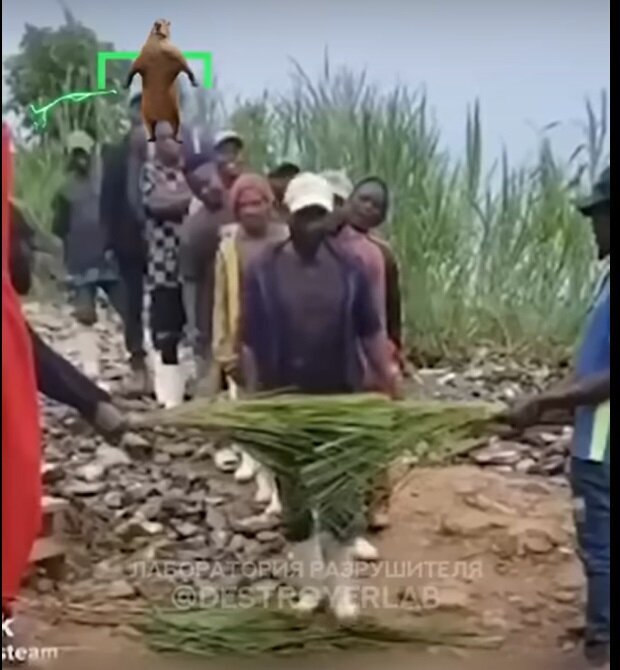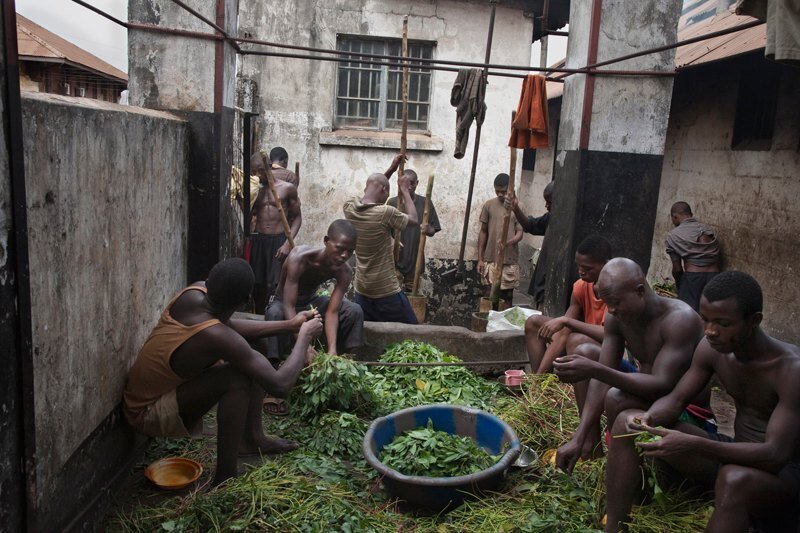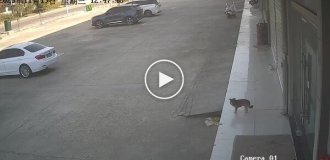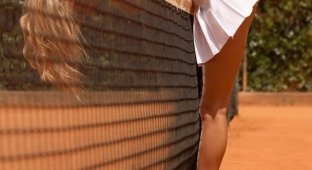How the traditional African “lie detector” works (5 photos)
But all countries are modern, high-tech and progressive, and for them the use of scientific and technological achievements even to solve the simplest problems is a matter of course. 
Africa
And it’s another matter for the countries of the so-called “Third World”, whose citizens, even in the 21st century, manage to live in accordance with the behests of their ancestors, observe ancient traditions and sometimes carry out rituals that are very strange for the modern average person.
Thus, in some African countries, the local population has its own analogue of a lie detector, which makes it possible to identify a criminal and assign him an appropriate punishment. You may be surprised to learn that the polygraph functions of Africans are performed by common grass. No complicated instruments or electronics - just two large bunches of green grass. According to residents of African communities, there is simply no better way to recognize a lie! 
Crime in Africa
So, what is one of Africa's most unique traditions? First of all, it is important to remember that this is a ritual, before which people who are suspected of committing a crime are forced to take an oath to their ancestors. It's like raising your right hand and swearing on the Bible in America - a formal promise to tell only the truth. 
African "polygraph"
Next, all the suspects line up in a column, at the beginning of which two community representatives hold bunches of long, coarse grass, depicting a kind of turnstile. The suspects take turns walking through a makeshift grass gate and answering a question about whether they committed a crime or not. If a person walked freely through the grass, it was believed that he was telling the truth, and if he got confused and stuck, then his conscience was not clear, and then authorized representatives of the community got down to business. They interrogated the suspect in detail and passed a verdict. 
African "polygraph"
It is curious that this kind of lie detector is used during the investigation of any crime: from petty theft to murder. Thus, a criminal who committed a serious crime could easily avoid punishment - he just had to avoid getting entangled in the grass, and an innocent person would receive an undeserved punishment. 
Prisoners in Africa























